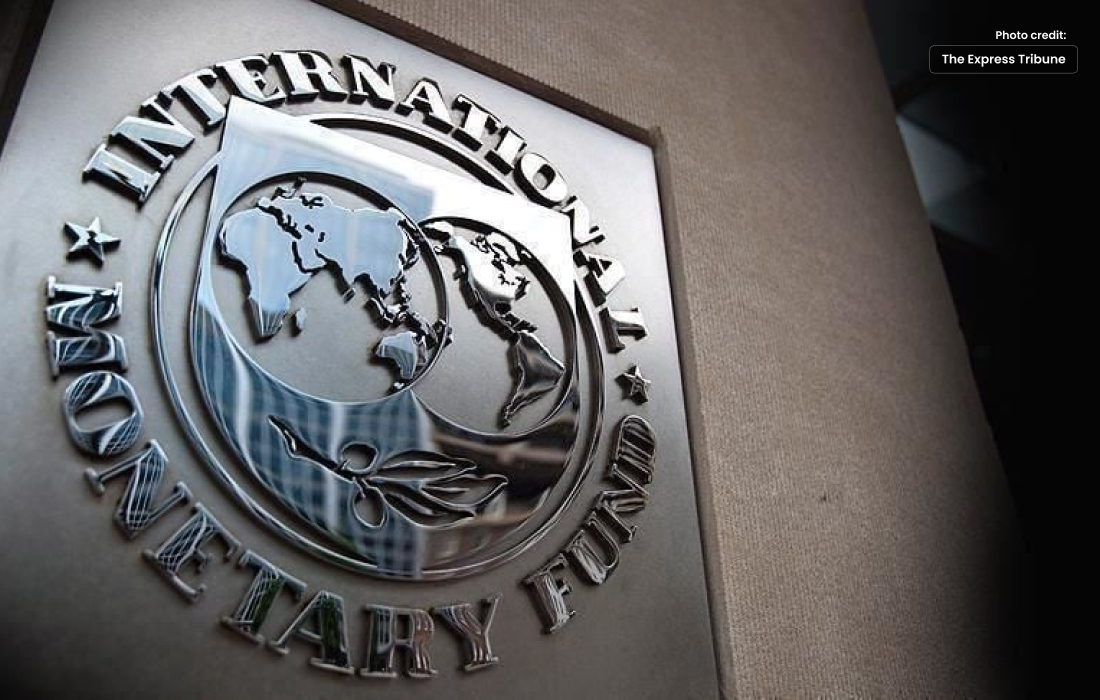Rs200B taxes considered next month, IMF standoff, political delays.
As the International Monetary Fund would not be thrilled with the simple imposition of new levies, Pakistan will also need to allow the rupee to regain its true value.
The action was taken in response to the international lender’s request for Pakistan to uphold its obligations and take action to close a revenue gap of approximately Rs220 billion that emerged by the end of the first half (July-December) of the current fiscal year.
Ishaq Dar, the finance minister, has begun holding meetings to consider fresh financial ideas, including extending the debate over an increase in the price of electricity.
After returning from Dubai, where little progress could be achieved in selling state assets to the UAE, Dar attended meetings over the weekend in Lahore.
The government had originally intended to raise roughly Rs80 billion for flood victims’ rehabilitation by just taxing imports and commercial banks.
However, according to government sources, the list has since been significantly broadened and also includes items like much higher capital value tax rates on petroleum goods, sugary drinks, and imported and locally made vehicle purchases.
The weekend briefing with Prime Minister Shehbaz Sharif was scheduled for Lahore, however, it was postponed because of his political commitments.
Unwillingness to implement additional policies is a result of the political unpredictability and the PML-declining N’s popularity.
International Monetary Fund
As the IMF would not be thrilled with the simple imposition of new levies, Pakistan will also need to allow the rupee to regain its true value. Officially, the rupee is worth 228.35 dollars, but the hawala market value is over 270 rupees.
An Initial plan called for a 1% to 3% flood charge on imports and an extra 41% income tax on bank gains tied to foreign exchange beginning in January, According to sources.
Whether the government will introduce one presidential ordinance or two is unclear. The government is now aiming for the first week of February.
Unless the speaker of the National Assembly declares it to be so, the flood levy may not be viewed as a money bill.
Money Bill
It will be necessary to pass the money bill through an ordinance in order to make changes to the Federal Excise Act, the Income Tax Ordinance, and the sixth schedule of the Sales Tax Act.
Government will have to prorogue the Senate because it is in session in order to introduce the ordinance.
Due to his subpar performance, Dr. Aftab Imam, the Chief Commissioner of the Medium Taxpayers Office in Karachi, was fired by the Federal Board of Revenue on Monday.
No fresh charges have been brought against him.
Yousif Hyder Shaikh has taken his post as the head commissioner of the tax office.
FBR
It made the decision to take action against Imam about three years ago because of his irregular behavior in awarding a prize of a 36-month salary according to established procedures.
He went on to pay out Rs. 21.2 million to his favorite people while serving as chief commissioner, but FBR never brought this matter to a just conclusion.
Khurshid Marwat was also appointed by the FBR as head commissioner of the Sargodha Regional Tax Office.
The Finance Minister
Ishaq Dar, the finance minister, stated last week that the government would adhere to the FBR’s annual tax target of Rs 7.470 trillion despite a significant revenue shortfall.
Without new income measures totaling at least Rs 200 billion, this is not feasible.
International Monetary Fund has projected a shortfall of Rs420 billion compared to the goal tax collection revenue of Rs7.470 trillion, According to the sources.
However, FBR has asserted that its shortfall will only be between Rs170 billion and Rs180 billion, which seems minimal.
According to sources, the administration was considering whether to reinstate the sales tax on petroleum goods or raise the petroleum charge rates over the present level of Rs50 per liter.
In the case of gasoline, the government has already reached Rs. 50 per liter maximum fuel levy level.
Oil and Gas Regulatory Authority had suggested a Rs1 per liter reduction in gasoline prices for the period of January 16–31.
Profit Margins of the Oil Marketing Businesses
Since there was no room for future price increases, the government boosted the profit margins of the oil marketing businesses by the same amount.
However, it hiked the fuel levy cost for high-speed diesel by Rs2.50 per liter to Rs35.
Kerosene oil now carries a petroleum levy rate of Rs6.22 per liter, while light diesel oil carries a tariff of Rs30 per liter.
Rate Modification
Following rate modification, the government now anticipates collecting more than Rs 40 billion in the second fortnight of the current fiscal year, a net increase of Rs 1.1 billion in just 15 days.
Petroleum levy collection will continue to fall short of the Rs855 billion annual objective. The IMF is currently putting pressure on the government to raise the tax rates in order to boost collection.
IMF also demanded that the GST on petroleum products be reinstated in order to make up for revenue shortfalls compared to the FBR’s target levels.
According to the sources,
There have also been conversations about raising the federal excise tax rates on sugary drinks and aerated water from the current 13%. Although no final decision has been made regarding the rates, they could increase to 20%.
A flood tax on imports and an income tax on the foreign currency profits of commercial banks are also currently being implemented by the government.
If the banks do not include the taxes they already pay on their income, the net new tax on their foreign exchange profits maybe 41%.
Additionally, the government was considering eliminating sales tax exemptions for registered individuals who were authorized under the export facilitation system to import plants, machinery, components, and raw materials.
Imported products temporarily brought into Pakistan with the intention of being exported and subject to zero-rate customs duty may be subject to the 17% sales tax.




